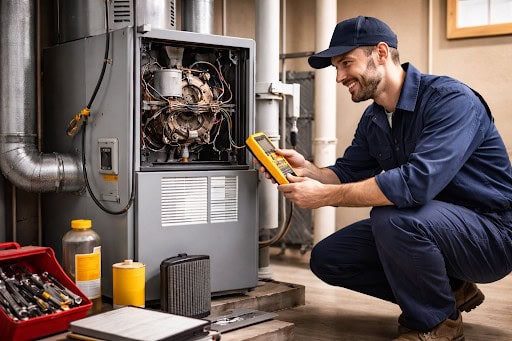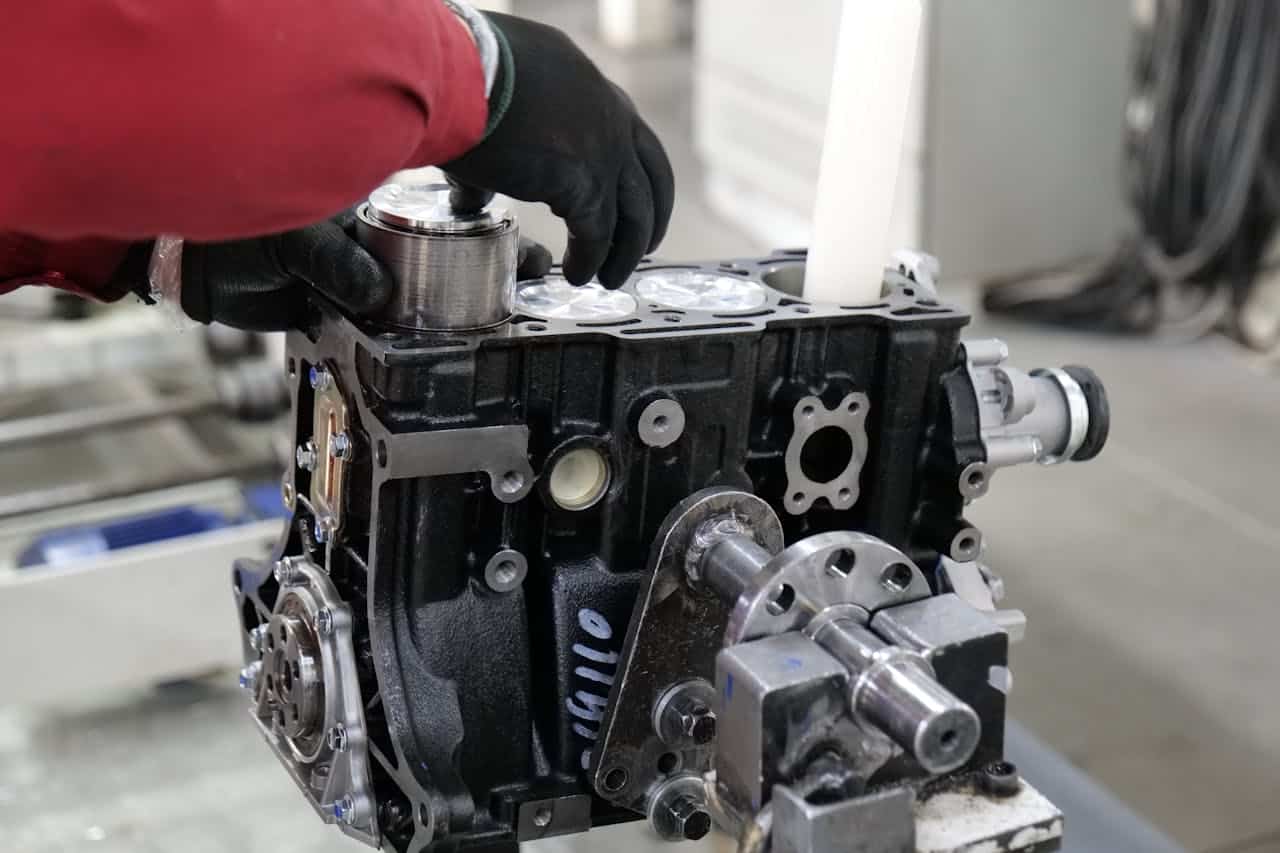Appliances are necessary to modern life, yet they have their own mysteries and misconceptions. While some advice passed down may hold a grain of truth, much of it can lead to unnecessary expenses, safety hazards, or environmental harm. This article debunks common appliance repair myths, sheds light on the facts, and helps you make informed decisions when your trusty dishwasher, refrigerator, or washing machine needs appliance repair.
Why Appliance Repair Myths Persist
Cultural and Historical Roots
Many myths surrounding appliances stem from outdated practices. For instance, in the early days of home appliances, repairs often required expensive, specialized tools, leading to the belief that repairs weren’t worth it.
The Role of Word-of-Mouth
Family advice like “Never open a broken microwave—it’ll leak radiation!” might seem sensible but often lacks technical grounding. Over time, these half-truths take on a life of their own.
Online Misinformation
The internet, while a treasure trove of knowledge, can amplify incorrect advice. Unverified tips shared on social media or forums often spread faster than facts.
Top Appliance Repair Myths Debunked
Myth 1: “It’s Always Cheaper to Replace Than Repair.”
This myth perpetuates the idea that modern appliances are disposable.
The Reality: Repairs are often more affordable and sustainable than replacements. For instance, fixing a refrigerator’s faulty thermostat may cost $150–$300, whereas a new fridge could cost over $1,500. Moreover, repairing appliances reduces landfill waste and conserves resources. However, it might make sense to consider upgrading when repair costs approach or exceed 50% of the replacement price.
Myth 2: “DIY Repairs Are Always Better and Cheaper.”
With countless YouTube tutorials and affordable repair kits, DIY repairs are tempting.
The Reality: While changing a dryer belt or unclogging a dishwasher might be safe for a handy homeowner, complex repairs involving gas lines, electrical systems, or sealed components require professional expertise. Mistakes can lead to safety hazards like gas leaks, electrical fires, or irreparable damage to the appliance. Always weigh the risks before attempting a repair yourself.
Myth 3: “The Appliance Warranty Covers Everything.”
People often assume warranties are a safety net for any issue.
The Reality: Appliance warranties typically exclude wear and tear, misuse, and repairs performed by unauthorized technicians. For example, if a warranty explicitly states it covers manufacturer defects for one year, you might still be on the hook for repairs caused by power surges or improper usage. Always read the fine print to avoid surprises.
Myth 4: “Appliances Break Down Faster If Not Used Regularly.”
This belief likely stems from the assumption that idle machinery deteriorates.
The Reality: Maintenance, not frequency of use, dictates appliance longevity. For seasonal appliances like extra freezers or air conditioners, regular cleaning and occasional use help prevent deterioration. However, leaving an appliance idle for years without maintenance can lead to issues like dried-out seals or rust.
Myth 5: “Repairing Old Appliances Is a Waste of Money.”
Older appliances are often viewed as outdated and inefficient.
The Reality: Many older models are built to last and contain fewer complex electronic components, making them easier and cheaper to repair. If an older washing machine only needs a $200 motor replacement, that’s a fraction of the cost of a $1,000 replacement. However, for appliances over 15 years old, consider energy efficiency improvements when deciding.
Myth 6: “All Appliance Repair Companies Are the Same.”
It’s easy to believe that all repair technicians provide similar service.
The Reality: The quality of service can vary greatly depending on certifications, experience, and customer reviews. Reputable repair companies invest in training their technicians, maintain certifications like NASTeC, and are often authorized by major manufacturers. Research before hiring a repair service to ensure professionalism and reliability.
The Risks of Believing Myths
Financial Impact
Following myths can lead to unnecessary expenses. For instance, replacing a repairable dishwasher might cost you hundreds more than fixing it. Similarly, failed DIY repairs often result in additional costs to fix compounded issues.
Health and Safety Risks
Misguided repairs or ignoring professional help can be dangerous. A botched gas appliance repair may result in leaks, and improper electrical fixes can cause shocks or fires.
Environmental Concerns
Replacing rather than repairing contributes to electronic waste, which poses serious environmental risks. Repairing appliances extends their lifecycle, reducing the strain on landfills and conserving resources.
Expert Advice to Avoid Common Mistakes
Preventive Maintenance
Preventive care is often the best way to avoid repairs. Clean filters, inspect hoses, and follow manufacturer guidelines for maintenance to keep your appliances in good working order.
Knowing When to Call a Professional
If a repair involves gas lines, refrigeration systems, or electrical components, it’s best to leave it to a certified technician. For minor issues like clogged filters or worn seals, consult the appliance’s manual and assess whether you can safely handle it.
How to Research Repair Professionals
- Check Reviews: Platforms like Google and Yelp are invaluable for finding reputable technicians.
- Verify Certifications: Look for repair services with manufacturer authorization or certifications like NASTeC.
- Ask Questions: Inquire about experience with your specific appliance brand and the availability of warranties on repairs.
How to Separate Facts from Fiction
Where to Find Reliable Information
- Manufacturer websites and customer service lines provide accurate advice.
- Certified repair companies and professionals are trustworthy sources for practical information.
Ask the Experts
Don’t hesitate to consult with an appliance specialist before attempting repairs or deciding on replacements.
The Role of Community Reviews
Online testimonials and feedback from local customers can help you distinguish between reputable services and those that fall short.
Conclusion
Understanding the truth about appliance repair myths empowers homeowners to make smarter, more cost-effective decisions. Whether it’s knowing when to repair or replace, choosing a professional technician, or maintaining appliances regularly, the key lies in factual knowledge.
Don’t let misconceptions cost you time, money, or peace of mind. Instead, rely on expert advice and trusted repair services to keep your appliances running smoothly. Ready to take action? Schedule a maintenance check or consult with a certified technician to ensure your appliances stay in top shape for years to come.






